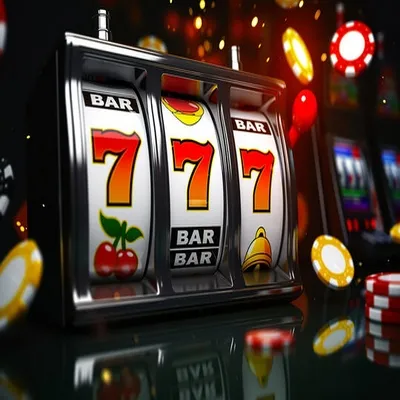6666bet
$20858
6666betOver/Under is another popular type of bet in soccer. Players bet on the total number of goals scored by both teams in a match, for example, over/under 2.5 goals. If the total number of goals is 3 or more, you win the over bet. If the total number of goals is 2 or less, you win the under bet. Odds for over/under bets can vary depending on factors such as team lineup, form, and coaching tactics.
Odds for the team to score first typically range from 4:1 to 8:1, depending on the team and the goalscorer. Star players like Lionel Messi or Cristiano Ronaldo tend to have lower odds, while lesser-known players tend to have higher payouts.
Product description

6666betAnother important factor in betting is to maintain a calm and non-emotional attitude. While winning a bet can bring joy and excitement, losing a bet can make you feel angry and disappointed. However, letting your emotions control you will make you make unwise decisions. Therefore, always keep yourself mentally stable, make decisions based on reason and analysis.
Betting on major tournaments such as the World Cup, Champions League, or Olympics always attracts the attention of many players. These tournaments not only attract viewers but also give players the opportunity to bet on the results of each match, predict the champion team, or even bet on the players who will score the most goals. Keywords such as "World Cup betting", "Champions League betting", or "Olympics betting" will help players find betting opportunities related to these tournaments.

Some baccarat players also use the Martingale betting strategy – a very popular betting strategy in games with odds close to 50/50 like baccarat. This method involves doubling your bet after every loss, with the aim that when you win, you will recoup all your previous losses and make a profit. However, this strategy also has great risks if you have a long losing streak, so you need to have a large enough budget to pursue this strategy.
Gambling, or betting, is an activity that humans have been involved in for thousands of years. From simple games to grand casinos and modern online sports betting, this industry has gone through a long journey of development. The following article will review important milestones in the history of the betting industry. Betting is not a new concept, but has existed since ancient civilizations. Archaeological evidence shows that, as early as the Babylonian and Egyptian periods, people participated in games of chance, often in forms of betting involving cards or dice games. Betting in Greece and Rome: Ancient Greek and Roman civilizations organized horse races and sports competitions, where people could bet on the outcome of events. Chariot races in Rome and arena sports were among the earliest forms of betting known to mankind. These games were not only part of the entertainment culture but were also associated with religious beliefs and rituals. Dice and card games were also used as a form of betting from this period, although there was no formal system or rules. Cards in particular appeared in China around the 9th century and gradually spread to other regions such as India and Europe. Betting flourished in Europe in the 17th and 18th centuries, when casino games began to become more popular. The first casino opened in Venice, Italy in 1638. This was the first place with formal betting organization and procedures. The first casinos mainly served the nobility and the wealthy, and were only open on special occasions such as festivals. The first casino in Venice (1638): The first casino opened in Venice, Italy in 1638. This was the first place with formal betting organization and procedures. The first casinos catered mainly to the nobility and the wealthy, and were only open on special occasions such as festivals. Horse racing betting: Horse racing was one of the first popular forms of sports betting and began to become part of the betting culture in Europe in the 18th century. The first horse races were held in England, where a strong horse racing industry developed, with famous races such as The Derby. Gambling and sports competitions: In the 19th century, gambling games at casinos and sports competitions such as football and horse racing began to become popular events that people bet on. In the 20th century, the betting industry continued to thrive, especially after countries began to legalize and regulate the industry. The city of Las Vegas in the United States emerged as the "gambling capital" of the world in the 1930s when Nevada legalized casino games. Las Vegas casinos have become an icon of the gambling industry, attracting tourists and gamblers from all over the world. Famous venues such as the Bellagio, Caesars Palace and The Venetian have become symbols of luxury and the gambler's lifestyle. Sports betting officially flourished in the 1940s and 1950s, especially in Las Vegas casinos. Sports such as football, basketball, and horse racing began to attract the attention of bettors. By the late 20th century, sports betting had gone beyond entertainment and had become a professional industry with major organizations and tournaments, such as the Super Bowl (USA) and the Premier League (UK).











